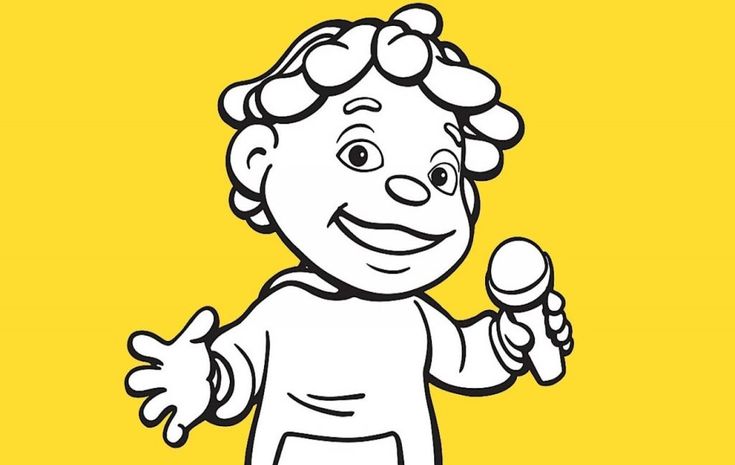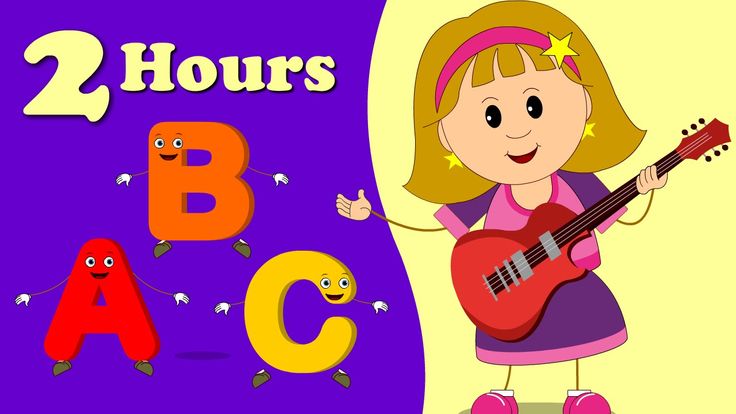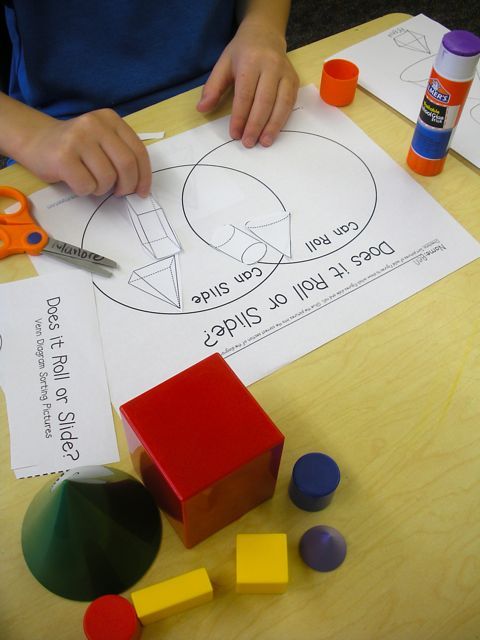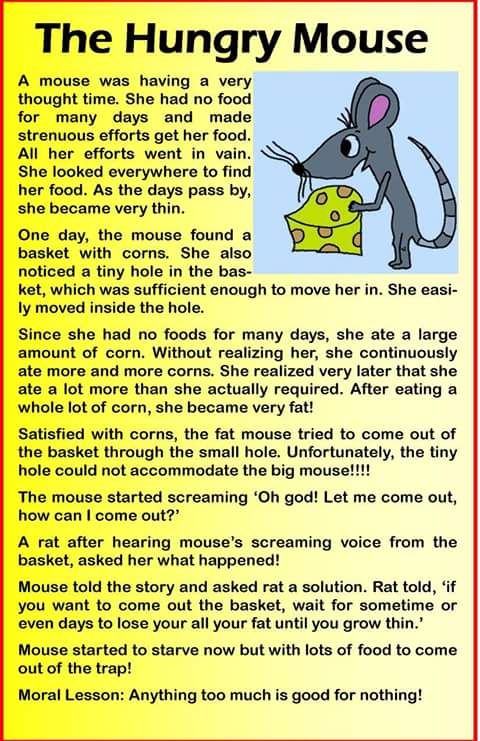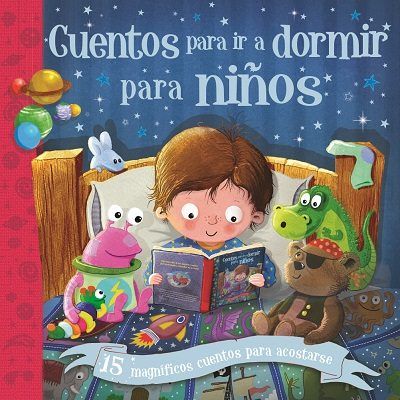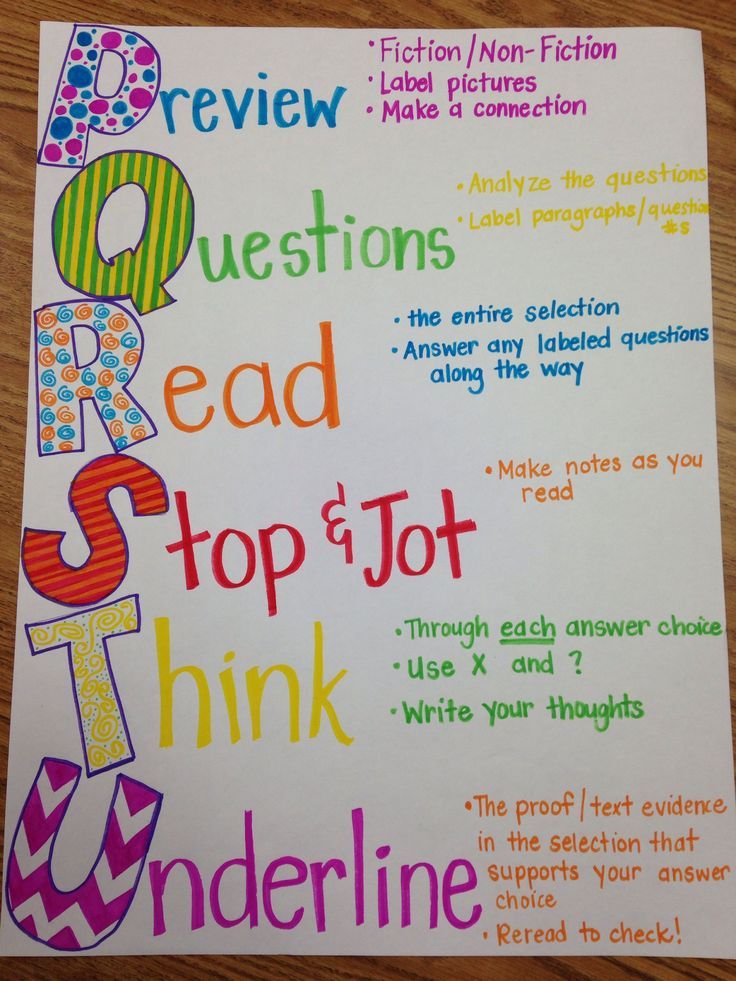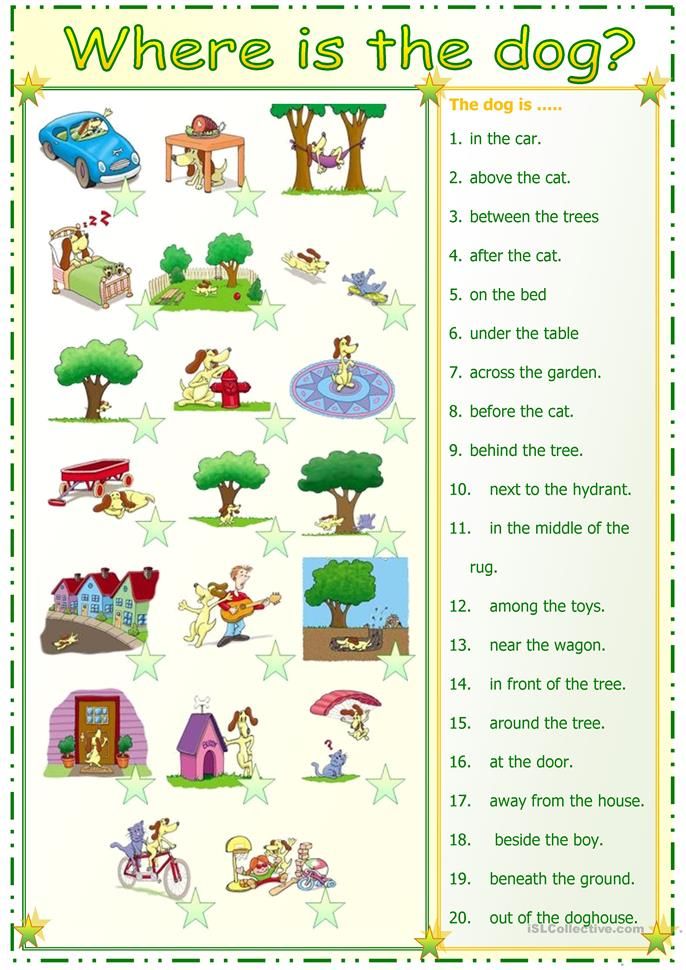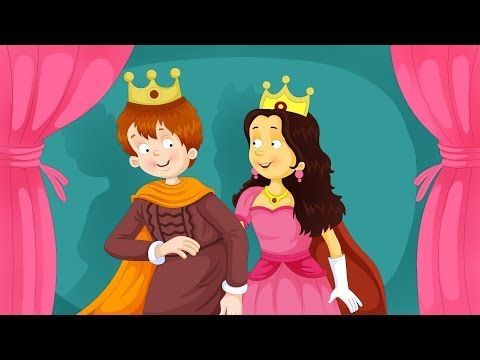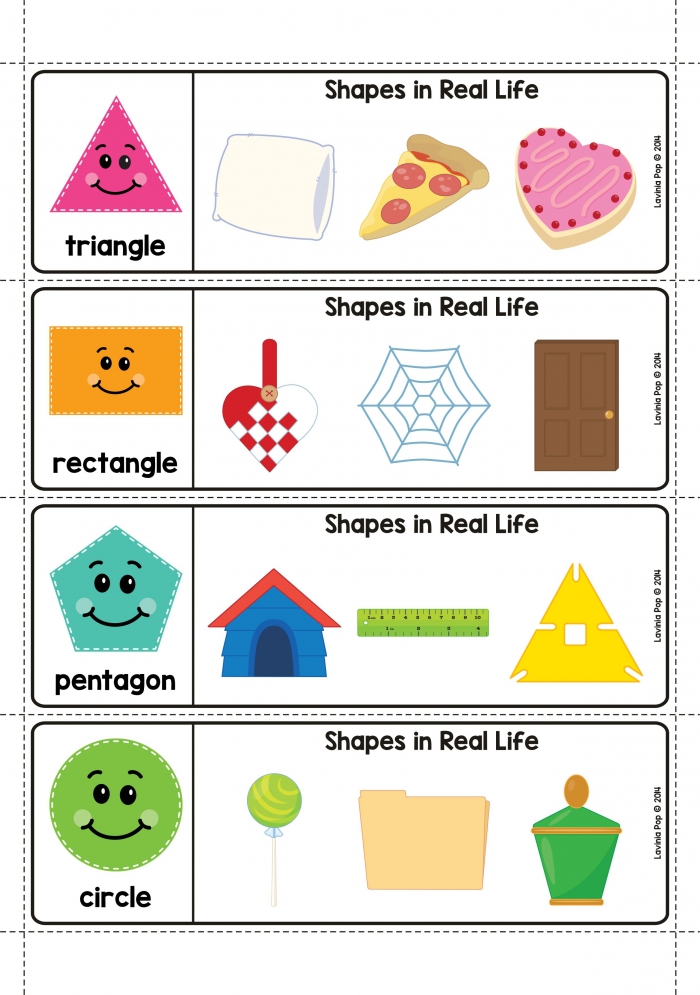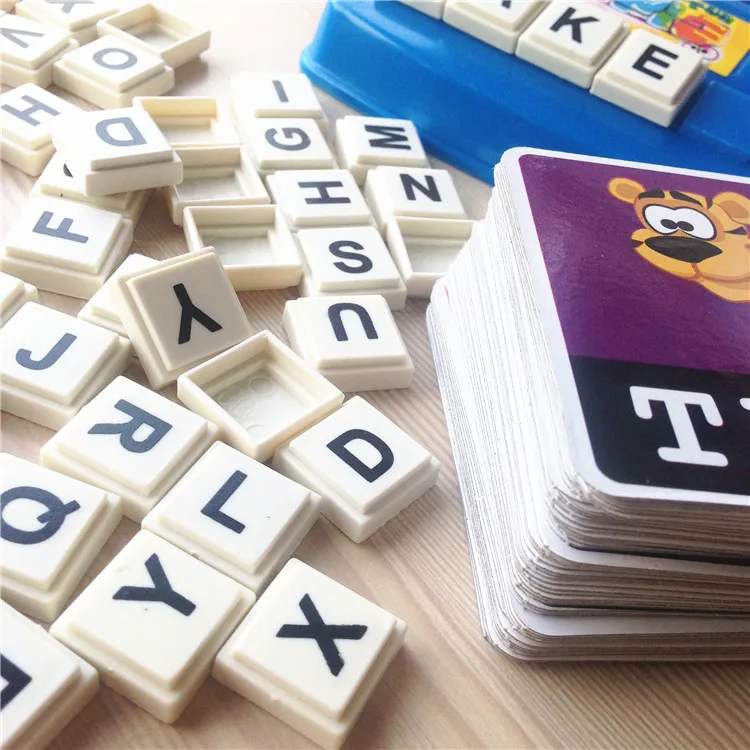Two words sentences
Two-word sentences – English with Eric
Read Tommy Tomlinson’s description of a snowy day. Notice that he writes in the simple past tense and only uses two-word sentences (a subject and a verb).
Snow fell.
Flakes floated. Clumps stuck. Drifts formed. Mounds rose. Grass vanished. Trees sagged. Birds hid. Whiteness ruled.
Shut-ins watched. Slackers slept. Couples smooched. Singles wished. Natives compared. Newcomers scoffed. Babies dozed. Elders remembered.
Computers crackled. Pagers beeped. Newspapers thudded. TVs flickered. Radios blared. Callers chattered. Critics grumbled. Weathermen apologized.
Workers drove. Roads iced.
Sidewalks crunched. Tires skidded. Cars crashed. Drivers cussed. Cops muttered. Survivors exhaled.
Snow fell.
Skies darkened. Sleet spattered. Rain froze. Fog swirled. Buildings dissolved. Landmarks retreated. Perspectives narrowed. Cities shrank.
Schools closed. Parents shrieked. Work halted. Employees departed. Interstates clogged. Buses crawled. Teachers high-fived. Kids rejoiced.
Hills beckoned. Slopes summoned. Sleds careened. Toboggans flipped. Snowmen towered. Snowballs soared. Bodies flattened. Angels appeared.
Tongues extended. Snowflakes landed. Hands molded. Feet stomped. Ears reddened. Fingers tingled. Mittens dampened. Noses ran.
Snow fell.
Wind whistled. Chimes tinkled. Limbs groaned. Dogs barked. Ground hardened. Ponds glazed. Snowdrifts crusted. Temperatures dropped.
Closeness mattered. Kinfolk called. Friends connected. Neighbors shared. Volunteers gave. Strangers helped. Clerks assisted. Cashiers smiled.
Wires popped.
Transformers exploded. Power blinked. Clocks stopped. Fridges defrosted. Victims shuddered. Linemen mended. Candles burned.
Operators dispatched. Trucks towed. Mechanics tinkered. Engines cranked. EMTs rescued. Firefighters hosed. Officers probed. Doctors healed.
Snow fell.
Heaps collected. Piles enlarged. Masses expanded. Clearings faded. Angles rounded. Edges smoothed. Shapes blended. Colors disappeared.
Shovelers heaved. Runners puffed. Skiers schussed. Skaters searched. Hunters crouched. Fishermen shivered. Flasks opened. Bellies warmed.
Poets scribbled. Artists sketched. Photographers focused. Singers hummed. Inventors dreamed. Grifters schemed. Counselors soothed. Preachers prayed.
Coffee perked. Tea steeped. Cocoa foamed. Bourbon swirled. Soup simmered. Casseroles baked. Marshmallows roasted. Popcorn popped.
Snow fell.
Clouds parted. Precipitation ended. Sunshine emerged. Icicles melted. Water puddled. Eaves dripped. Snowbanks sank.
Plenty remained.
Dark came. Slush solidified. Ice blackened. Highways slickened. Students hoped. Travelers worried. Storms poised. Forecasts wavered.
Midnight ticked. Peace settled. Sounds quieted. Movement stilled. Light reflected. Darkness shined. Thoughts overflowed.
Weather changed. Challenges abounded. Humanity won. Kindness prevailed. Hearts lightened. Memories accumulated.
People learned.
Nature taught.
Snow fell.
Describe a situation with your own two-word sentences.
Like this:
Like Loading...
When Do Toddlers Start Talking? - From Combining 2 Words to Full Sentences
Select your topic
Most popular
16 likes
Feb 5, 2022 First words in children are so exciting, but first sentences are a whole other level.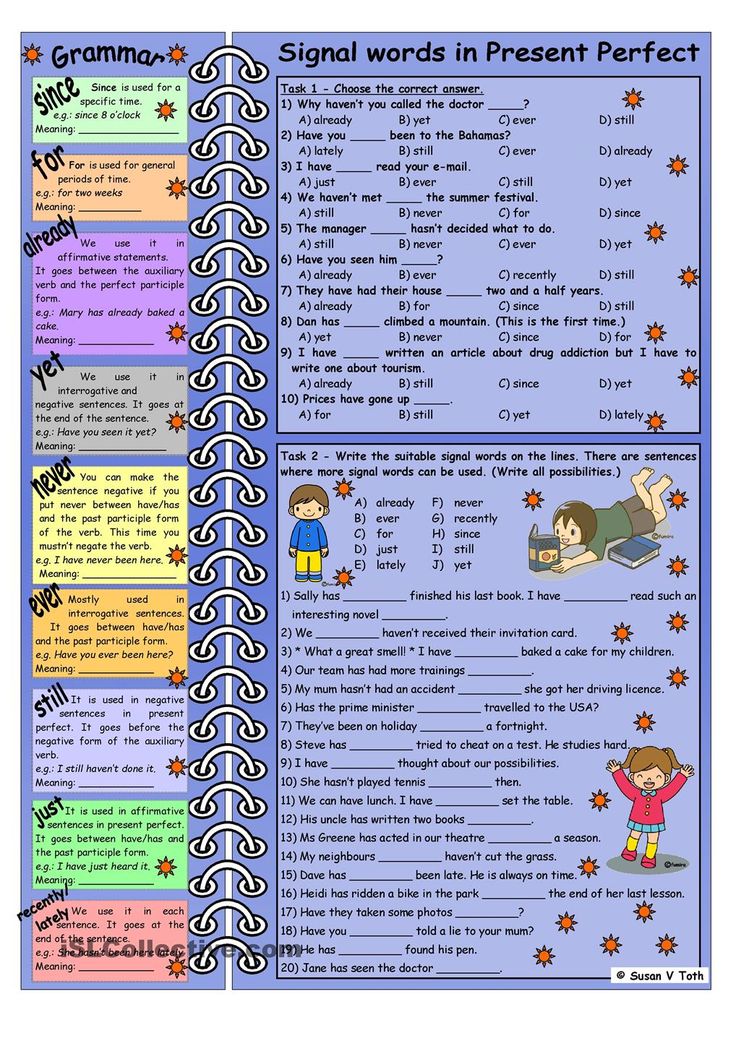 The purpose of this blog is to inform you when your child should be combining words into short sentences and some tips to help them along their journey.
The purpose of this blog is to inform you when your child should be combining words into short sentences and some tips to help them along their journey.
Communication is a very involved process. It starts with cooing, making sounds, babbling, and then progresses to word formation. The final step is combining words into short sentences and then moving into conversation. When do toddlers start talking in sentences, and where is this in the list of your child’s language milestones?
Try Speech Blubs’s section Build a sentence!View this post on Instagram
Have you tried Speech Blubs New Section? 👶🍼🦄We are excited to introduce "Build a Sentence" exercise! Building sentences will teach your little one: 1️⃣ the distinction between nouns and verbs ❤️ 2️⃣ to improve language comprehension 💬 3️⃣ early understanding of grammar 🙋 4️⃣ to combine two or more words together 👌
A post shared by Speech Blubs (@speechblubs) on
Between 18 and 24 months, your toddler will start combining SIMPLE two-word sentences.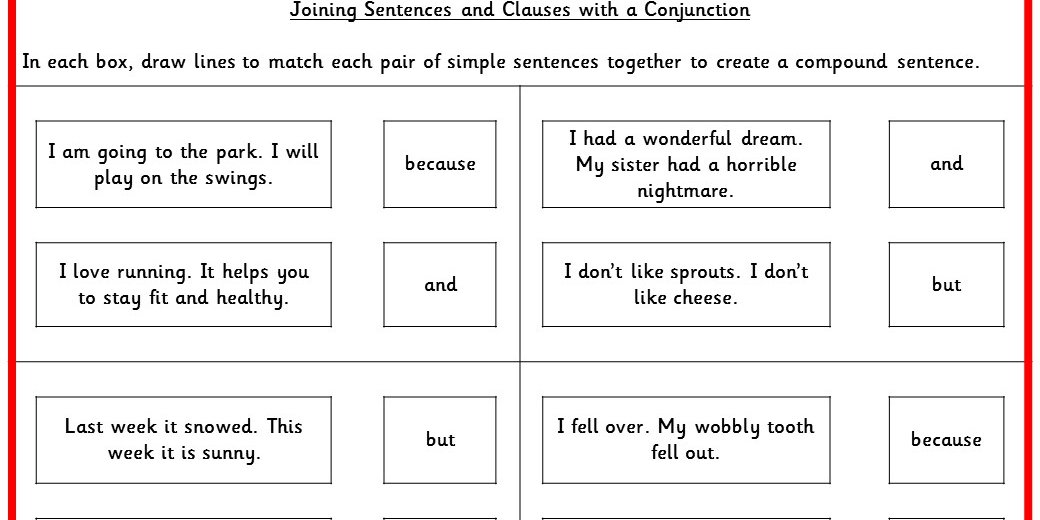 These sentences might sound like “go now,” “go play,” “me tired.” You might even find that your child will say the same two or three word combination over and over again. This happens because toddlers don’t always understand the meaning of the words that they use, so they get stuck on using the ones that they can say.
These sentences might sound like “go now,” “go play,” “me tired.” You might even find that your child will say the same two or three word combination over and over again. This happens because toddlers don’t always understand the meaning of the words that they use, so they get stuck on using the ones that they can say.
Crying is much easier to do and gets a bigger reaction, which is why your toddler might still cry unexpectedly instead of speaking. This happens more frequently if your child is tired, cranky, frustrated, or overwhelmed. H/she will use the crying in an attempt to get the message across until they can successfully communicate verbally. This is usually not a sign of a language delay.
How to Get Your Child to Talk in Full Sentences
When your toddler hits age two, she will start turning her two-word sentences into questions (“Go play?”) and using new words in short sentences. These sentences will still not be grammatically correct. That language skill comes later.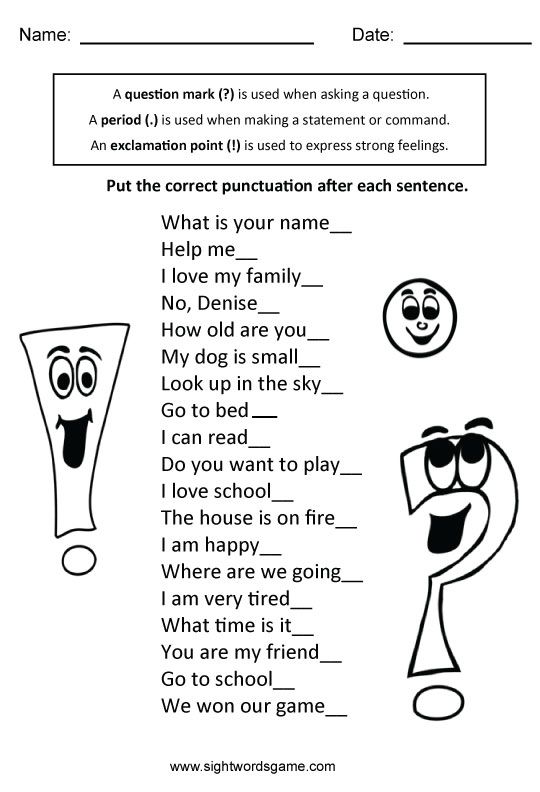
My husband (English teacher) used to correct my daughter’s grammar all.of.the.time and it drove me insane because she developmentally wasn’t able to grasp those concepts. Don’t panic if it’s not 100% correct! They will get there, I promise!
A year after learning to put short sentences together, she’ll probably have a word for almost everything she wants to say. She will be making both sentences and questions well enough for most people to understand (most of the time, anyway). And if that’s not entirely so, if she’s saying new words and using her old reserves in different ways, she’s progressing well.
Combine words into sentences with Speech Blubs
The Speech Blubs app includes the “Building Sentences” section where you can practice this ability. Start your free trial and watch your child learn right away!
Boost Your Child’s Speech Development!
Improve language & communication skills with fun learning!
Start Free Trial
7 Ways to Help Your Toddler Over the Two-Word Sentence Hump
Here are seven ways to get your child to combine words and progress past the two-word sentence plateau:
1.
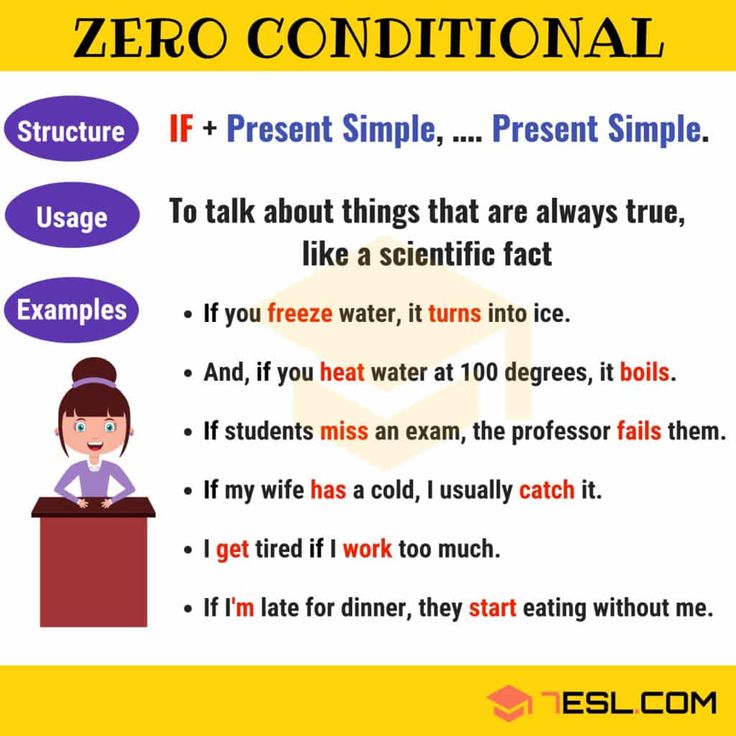 Don’t finish her sentences or interrupt her
Don’t finish her sentences or interrupt herShe’ll get frustrated if you frequently jump in – and may even give up on trying to speak in sentences. Give your child time to form the sentences and always model the correct speech that you want them to say.
2.
Give her lots of opportunities to talkInclude her in your conversations with your partner and older children to give her a chance to chat. It’s ok if your toddler says things that don’t fit into the context of the conversation. He/she is trying to communicate and that’s a good thing!
3.
Avoid baby talkSpeak clearly and simply, using real words and complete sentences so she can see how it’s done. They learn by example. If we use baby talk, that’s what they will use.
4.
Narrate daily tasksAs you go about your day with your little helper, talk about everything you’re doing together: “Let’s go down this aisle and pick up the chicken that we’ll cook for dinner.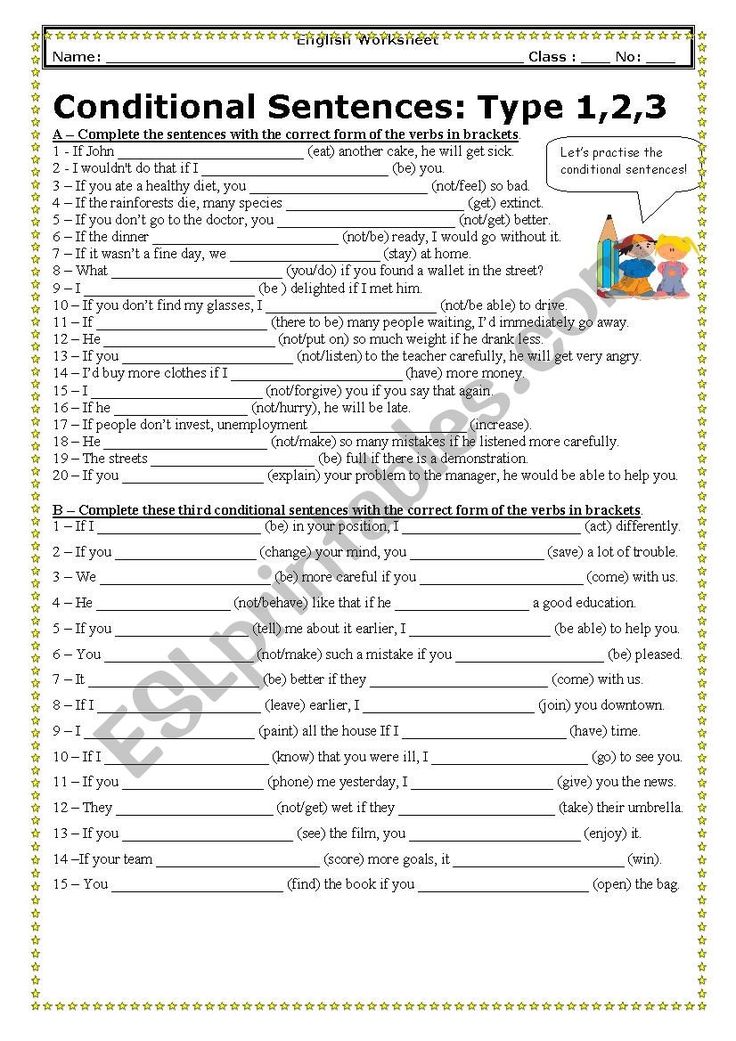 ”
”
5.
Respond to her words with more wordsIf she yells “Pizza!” at the dinner table, say “Yes, we’re eating some tasty pizza for dinner.” Add adjectives to the conversation and soon she will too.
6. Definitely
AskTiny talkers will practice their new skills if they have two-sided conversations, which is a good way to boost language development. So ask open-ended questions to your little whipper that need more than a yes or no answer. Just don’t pressure your kiddo for a reply if she’s not ready to give one.
7.
Devote your full attentionStay focused when she’s speaking. If you get distracted, she will too.
If by 4 years of age they are not combining words, and sentences are still not being created, you need to get a screening or evaluation by a speech-language pathologist. They will be able to determine if it’s a true speech delay and can provide you with “homework” to conduct at home in order to get your toddler speaking in longer sentences.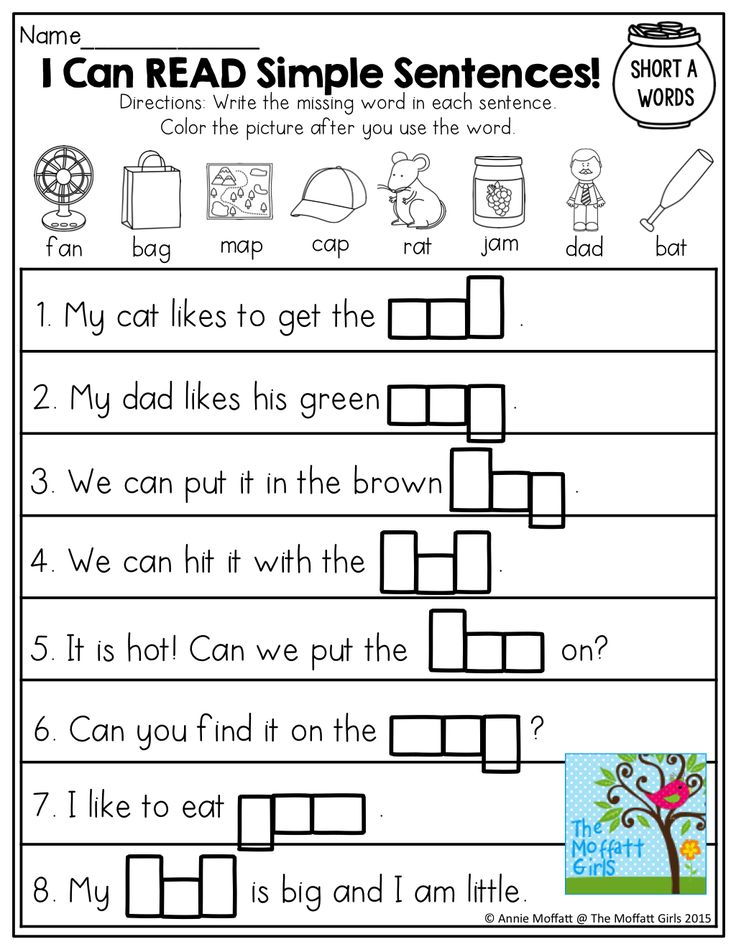
In the meantime, I suggest you download the Speech Blubs app and get started! They have a great deal of language learning activities like “Building Sentences” that can help your child elevate vocabulary and get an early understanding of grammar.
Free Assessment!Take this quiz and get a report on your child’s milestones and a personalized learning plan.
Start the Assessment
Have a question for our Speech Therapists?
Toddler development Verbal
The author’s views are entirely his or her own and may not necessarily reflect the views of Blub Blub Inc. All content provided on this website is for informational purposes only and is not intended to be a substitute for independent professional medical judgement, advice, diagnosis, or treatment.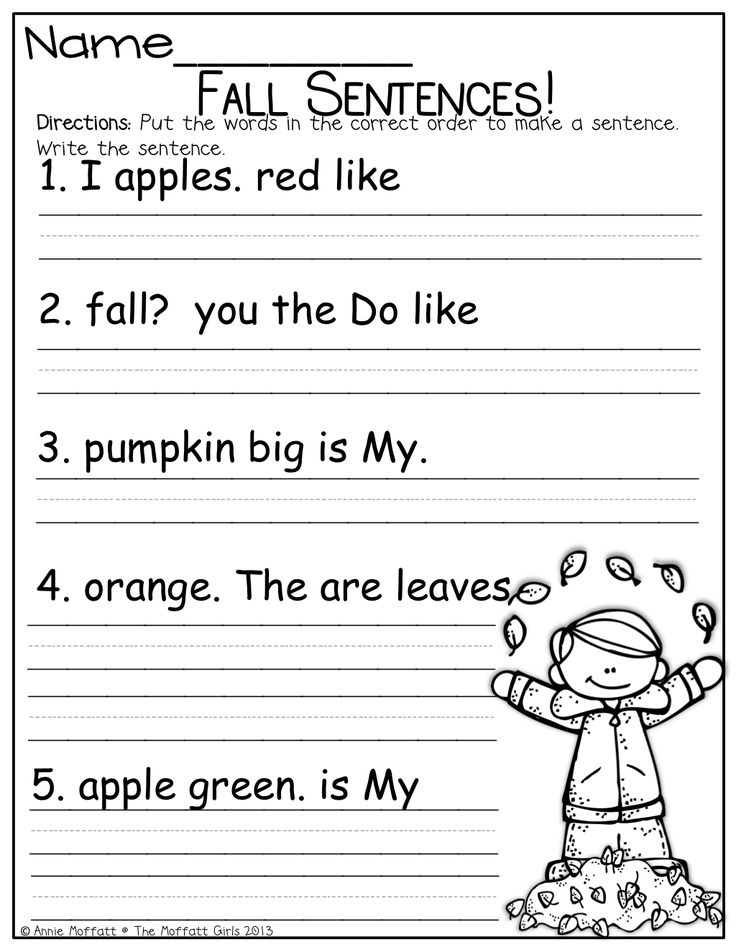 ="wpforms-"]
="wpforms-"]
Sentences with the phrase "in a nutshell"
We found 80 sentences with the phrase "in a nutshell". Synonyms for "in a nutshell". Meaning of the word. Characters.
- We met there and she asked me to write a script for her on a topic she told me about in two words .
- In two words , their land is rich in stones and bushes, and everyone there lives in poverty.
- Recall in two words classic plot.
- IN TWO IN WORDS : Wealth comes from developing your ability to think and gain access to the universal mind.
- In two words tell us how you recruited him.
- I can tell in two words one story.
- Lucky phrase expressing in two words the meaning and essence of the campaign.
- And it is here, in two words , that the superiority of the mind over the body is found.
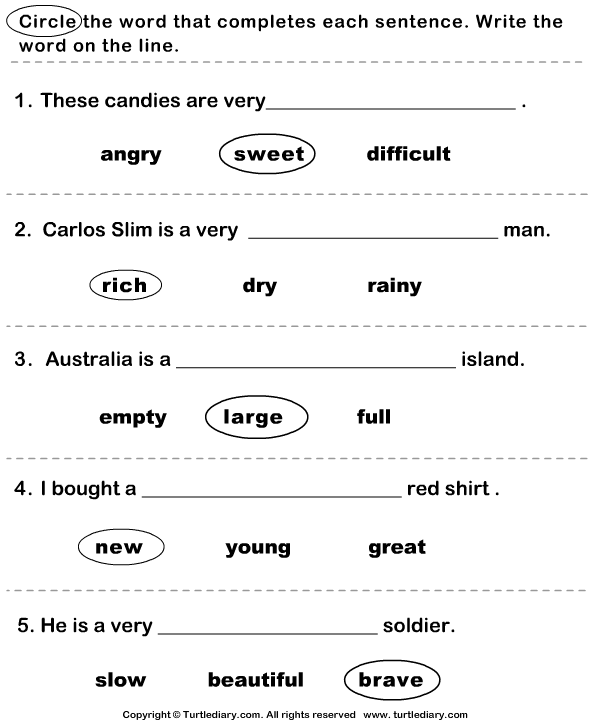
- I can't help telling you at least in two words about the singer's tour in Moscow.
- This is a very long story, in two words you can't tell about it.
- B TWO WORDS : It's hard not to become rich if you've been in real estate for 20 years following a simple formula.
- IN TWO IN WORDS : Learn and use your background to achieve your goals and remember to give as well as take.
- BL: Vasily Vasilyevich, how could you characterize relations between Russia and Ethiopia in two words ?
- B TWO WORD : When starting a new business, don't be afraid to go against industry guidelines and rules.
- In two words , but without this it was completely impossible to get into the university.
- Here, in fact, in two words is the difference between Rössel and Thoma.
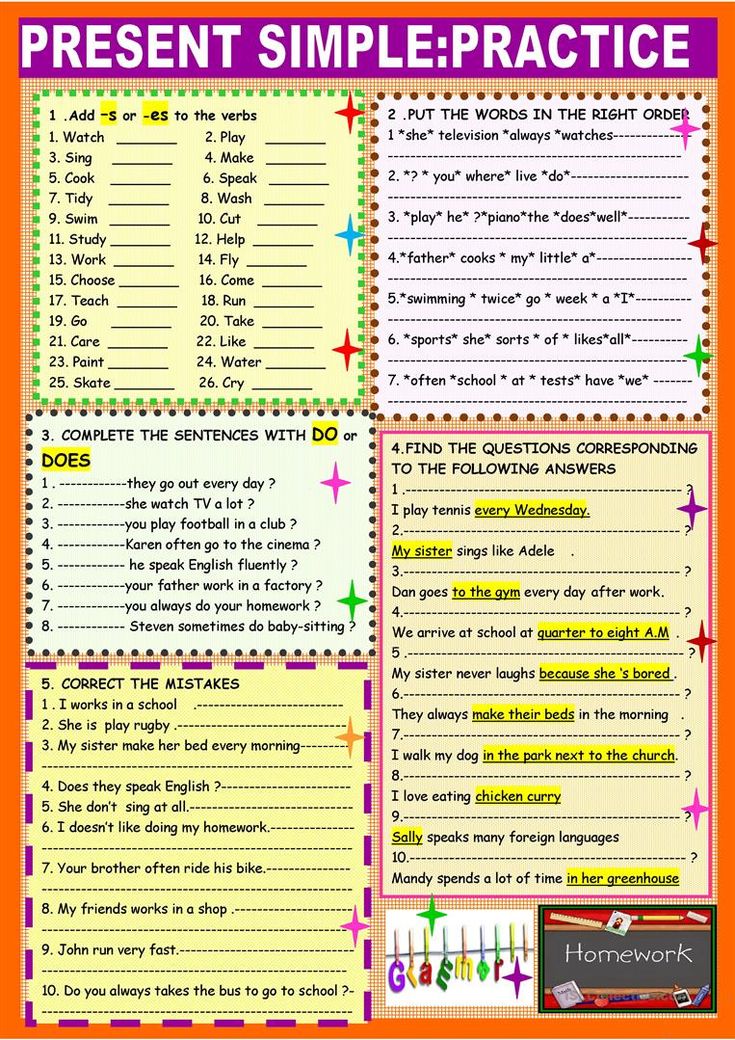
- If in two words to say what these verses are about, then I think that the most correct answer would be the following.
- IN TWO IN WORDS : True leadership comes from the full expression of one's unique potential.
- IN TWO WORDS : Sharpen your mind constantly.
- Showing them the original revolutionary constitution, I in two words spoke about the state of affairs in the field of high politics.
- In two words stated the purpose of the visit and submitted an application.
- IN TWO IN WORDS : Work for your own success, but make your personal achievements inspire others.
- In two words : A transistor is a tiny electronic device that controls the flow of electricity.
- Notice the double consonants in two words .
- I would like to mention them at least at two words .
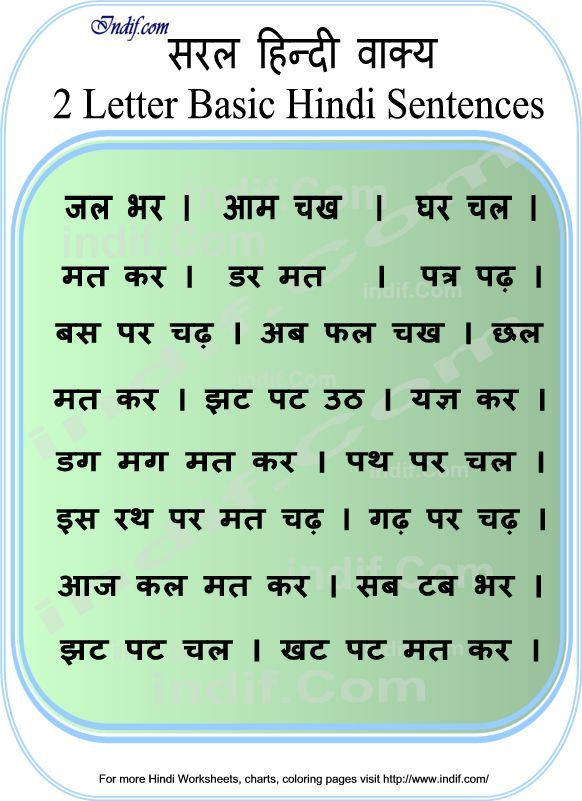
- I must at least in two words tell about the reaction of the local public when their idols sing famous arias.
- IN TWO IN WORDS : It is impossible to achieve something great in this life if you do not take bold and decisive steps forward.
- IN TWO WORDS : Expand your understanding of success to include self-knowledge and good relationships with others.
- And if so, then it is not worth starting this conversation “ in two words ”.
- This woman, the director's assistant, explained to me in two words what they wanted to achieve and asked me to show me some trick.
- He in two words explained: the guard dozed off, the Nazis cut it and occupied, apparently in a small detachment, the outskirts of the village.
- B TWO IN WORD : A truly successful investment requires courage and character.

- IN TWO WORDS : Success is more significant if it is based on physical, emotional and spiritual well-being.
- The history of these works is deplorable: it is almost always summarized in two words : lost, destroyed.
- And everything they needed money for can be literally expressed in two words : private school.
- IN TWO WORDS : Live your values, be yourself.
- Everything that we know about Leonardo's mother before the beginning of 1452 can be expressed literally in two words .
- IN TWO WORDS : Set a noble goal for yourself, and then use every moment to achieve it.
- Shenk in two in words explained to me that, although he does not have a hearing, he never goes astray if he plays at weddings, or accompanies anyone.
- I had in two words to retell Ulysses to him.
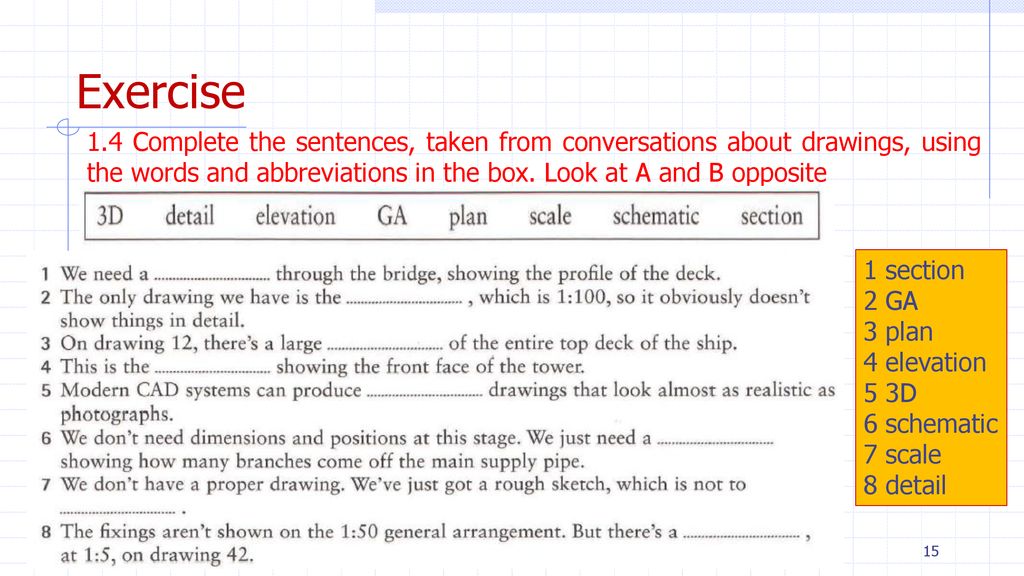
- https://sinonim.org/
- IN TWO WORDS : Your body is smarter than you think: trust it to achieve the goals you have set.
- Everyone, reading and snatching out for himself that piece of information, which he will then tell at two words .
- IN TWO WORDS : The willingness to consider every disappointment a blessing may be considered unoriginal, but it is characteristic of successful people.
- In two words you can say that I am working on creating masterpieces.
- It is impossible to characterize in two words what has been created throughout life.
- IN TWO IN WORDS : Success is most possible when it becomes a necessity.
- Once he casually raised this question, speaking disparagingly and in two words against any agreements.
- Briefly about my crime, in two words : I became addicted to radio and stole a piece of radio equipment.
- IN TWO IN WORDS : People are not born with a millionaire mindset.
- IN TWO IN WORDS : Whatever you do, you will be more successful if you do it honestly, legally, and with full dedication.
- I will tell you in two words about my trip to America, and then I will read some of the best poems.
- And finally, actually about his poems, in two words .
- I stopped him and informed him of the fate of his proclamation, setting out in two words the reasons for her detention.
- IN TWO IN WORDS : Every successful person knows how to sell something.
- In two words they set out their idea of organizing a fashion day every Monday in Transfer with collection shows.
- I have entered an area that cannot be spoken of in two - three words .
- There are neither two identical stars, nor two identical planets, nor two identical people.

- But that the meaning of the phrase is actually contained in the last two words , no one guessed.
- At words he is for the self-determination of nations, at words he is for the Social-Democrats.
- Pope George gave him a tenth of everything, from two pairs, and from two piastres, and from a silver thaler, and from two gold liras.
- But I suddenly had the opportunity to compare two teachers, two approaches to students and two teaching methods.
- At words of these I lowered my eyes and turned away.
- At these words the wanderer in gray clothes turned to them without lowering his upraised hands.
- We agreed on words that Savka is starting to overeat: today he has to gobble up three rations at once!
- Cyrus remembered words spoken about Shushan by another traveler, a magician: "There the dying earth is convulsing.
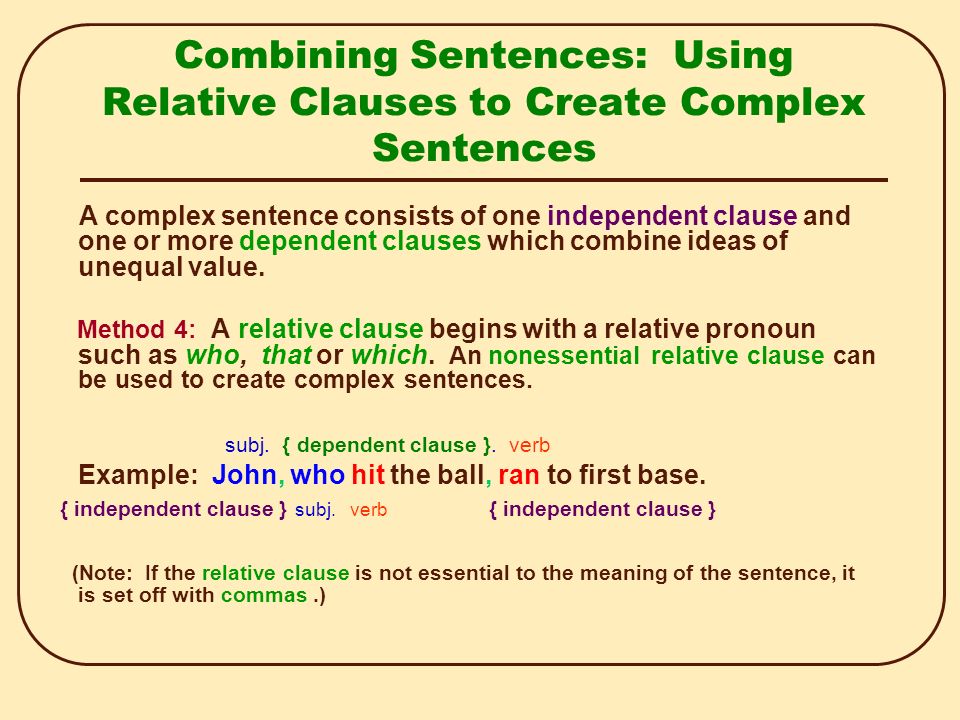 "
" - Pavlogradskaya street consisted of two dozens of private houses with indispensable gardens and two plastered barracks on two floors.
- In his words and deeds, writes Tacitus, "some special kind of negligence showed through."
- There are many such sketches and plans in two -three words or brief notes scattered throughout the notebooks.
- Stalin, with these words, pointed to a map spread out on the table.
- Activities for them meant war, one word they expressed the idea contained in two of our words : "to flee" and "to put to the sword".
- I have to prefix it with one- two words .
- In the last two cities we were greeted most warmly, although in the words of people here there was an alarm.
- And in these two words there was a special meaning and pride, they sounded notes of confidence in future victories, in future glory.

- With these words Anne of Austria turned pale, and an oppressive silence reigned in the room.
- She did not like long conversations and was able to express a lot in two -three cleverly spoken words .
- And this was not the posture of a high-ranking official, in the words of caring for the people.
- The "Duel" repeats precisely the situation of "Princess Mary", the opposition of two antagonists, carriers of two ways of life, of two "truths".
- After all, already in these two words lies the whole task.
- Thus, the autumn and early winter of 1999 were marked by an information war two TV channels, two TV programs and two TV presenters.
- I see now that their load is too heavy for two buffaloes, two mules and two donkeys.
Open other sentences with this word
Source - introductory fragments of books with LitRes.
Synonyms for "in a nutshell". Meaning of the word. Characters.
We hope that our service has helped you come up with or write an offer. If not, write a comment. We will help you.
Top ↑
Antonyms | Synonyms | Associations | Morphemic parsing of a word | Search for offers online | Sound-alphabetic analysis of the word
Share
- The search took 0.068 seconds. Remember how often you are looking for something to replace a word with? Bookmark sinonim.org to quickly look up synonyms, antonyms, associations, and sentences.
Random: buses, perceived, future, emphasizing that, disco, spruce, lyre, obscenities, multifaceted, not friend
WAR
All dictatorships create external enemies and repression to sit on the throne forever.
If you can't tell the truth from a clever lie, then think about laws, about freedom of speech, how often and where power has changed.
CNN News BBC News Telegram Wikipedia
Sentence - is a separate statement that has intonation and semantic completeness.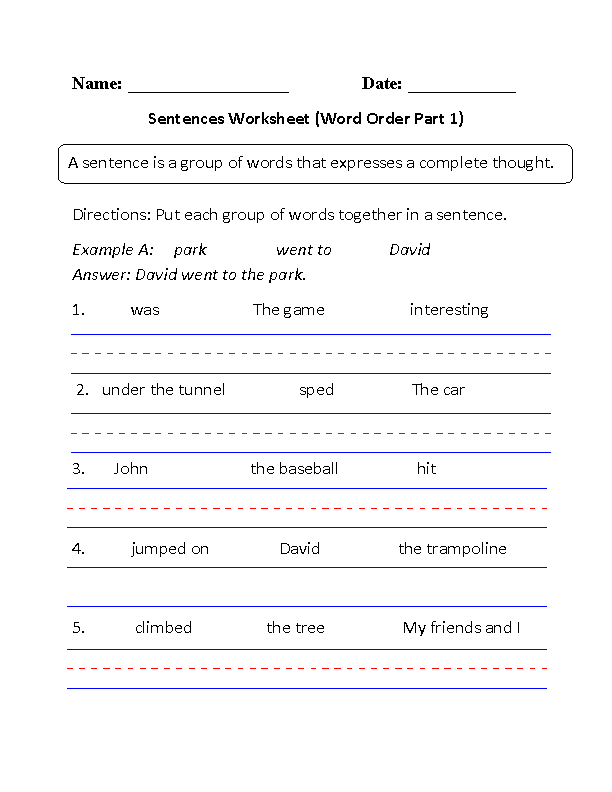 A sentence is a word or group of words, organized according to the rules of grammar, that carries a specific message, question, exclamation, or call to action.
A sentence is a word or group of words, organized according to the rules of grammar, that carries a specific message, question, exclamation, or call to action.
- It's raining. - It's raining.
- Go outside! - Get outside!
- What are you doing? - What are you doing?
Proposals of the English language, as in Russian, depending on how many grammatical bases (combinations of subject and predicate) in the sentence, are divided into simple and complex sentences.
- Simple sentences
- There is my house. - This is my home.
- I have to go to the university. - I have to go to the university.
- Complex sentences
- There is the house where my family lives. This is the house where my family lives.
- I have to go to the university now but I will come back soon.
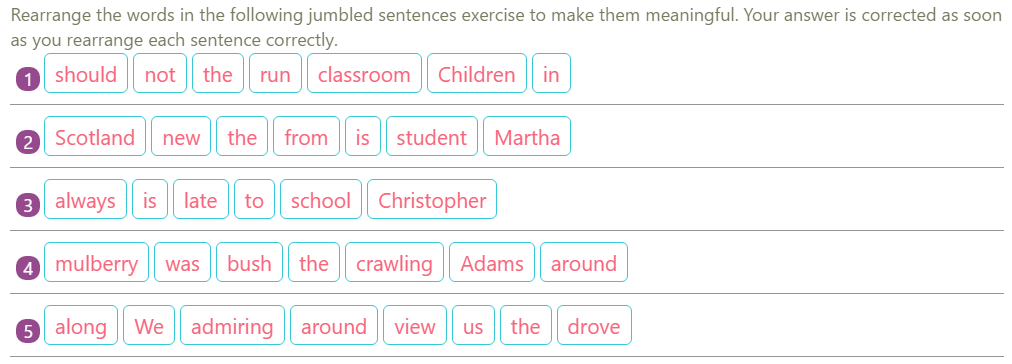 I have to go to the university now, but I will be back soon.
I have to go to the university now, but I will be back soon.
Simple sentence (a simple sentence) is a sentence in which there is only one grammatical basis (one combination of subject and predicate).
- Kate likes dogs. Kate loves dogs.
- We go jogging every Sunday. We go jogging every Sunday.
- They didn't go to school last year. They didn't go to school last year.
Simple sentences according to the purpose of the statement
All simple sentences , depending on the purpose of the statement, can be narrative , interrogative , imperative , exclamatory .
Narrative sentences
Declarative sentence (declarative sentence) - a sentence that communicates a certain fact or information in affirmative or negative form .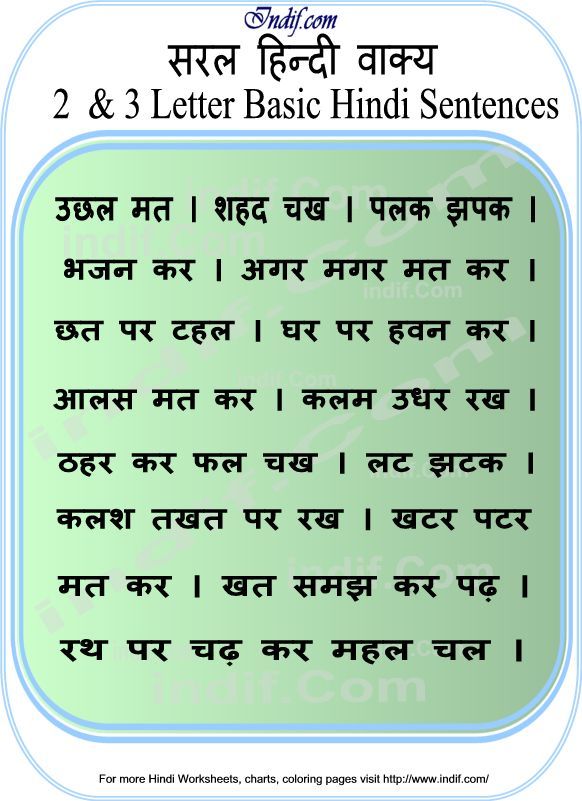 The intonation of such a sentence is mainly descending, direct word order is used (subject before the predicate).
The intonation of such a sentence is mainly descending, direct word order is used (subject before the predicate).
- My name is Paul. - My name is Paul.
- Kate is good at cooking. Kate cooks well.
- I don't like honey. - I don't like honey.
- George hasn't finished his work yet. George has not finished his work yet.
In English, as a rule, there can be only one negation in the sentence , in contrast to the Russian language, where there can be a double negation (the use of particles together not, neither, and negative pronouns, adverbs, etc.) .
- I know nothing. - I do not know anything.
- I don't know anything. - I do not know anything.
- We met no one yesterday. We didn't meet anyone yesterday.
- We didn't meet anyone yesterday. We didn't meet anyone yesterday.

The double negative in English can be used to further strengthen the negative, but this is not common.
- I ain't got no money. - I don't have any money.
- We don't need no education, we don't need no thought control. “We don't need any education, we don't need any thought control.
Interrogative sentences
Interrogative sentence (interrogative sentence) - a sentence that expresses a question. They are formed using indirect word order (predicate before the subject), as well as interrogative words. Interrogative sentences are discussed in detail in the article types of questions.
- Who is there? - Who's there?
- What are you doing now? - What are you doing now?
- Do you like learning English? – Do you like learning English?
Imperative sentences
Imperative sentence (imperative sentence) - a sentence that encourages the interlocutor to act, that is, it expresses an order, request, command, invitation, etc. Such sentences often omit the subject you (you), as it is clear from the context, the verb is used only in the infinitive form without the particle to .
Such sentences often omit the subject you (you), as it is clear from the context, the verb is used only in the infinitive form without the particle to .
- Watch this! – Look at this!
- Listen to me. - Listen to me.
- Go and buy some bread, please. - Go buy some bread, please.
Sometimes in imperative sentences the pronoun you is not omitted in order to emphasize emotionally and strengthen an order or command.
- You sleep now. - You're going to bed now.
- We will rest and you drive. We will rest and you will drive the car.
- I will go to the shop and you stay at home. - I'm going to the store, and you stay at home.
In order to form a negative imperative sentence (prohibition or request), the auxiliary verb is always used in the negative form , even with the verb to be .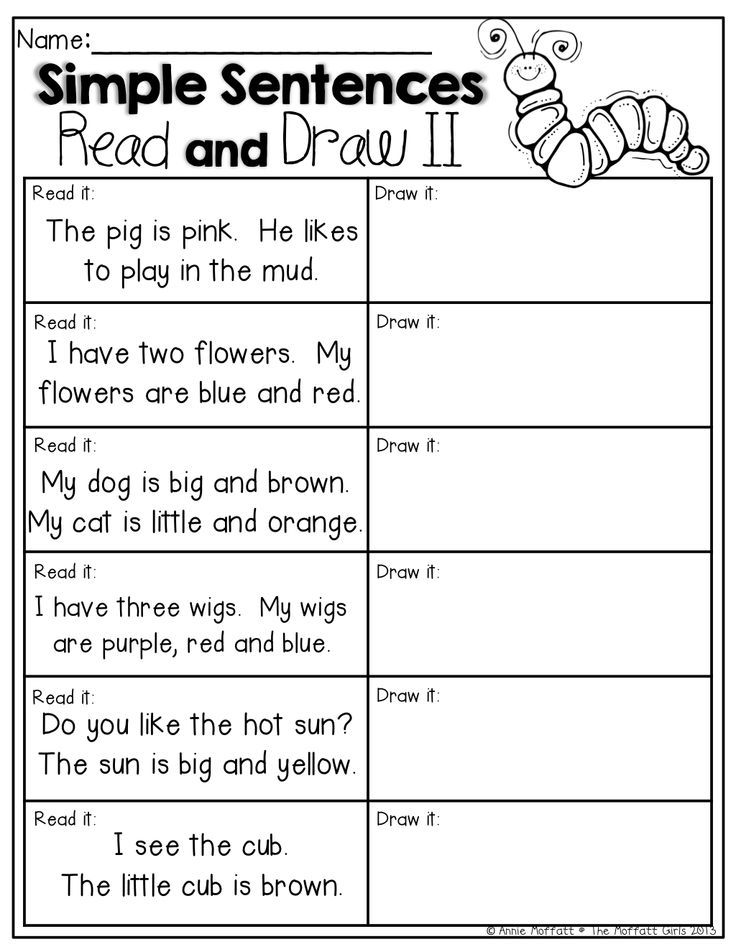
- Don't give me orders! - Don't order me!
- Don't touch it, please. - Don't touch it, please.
- Don't be so silly! - Don't be so stupid!
- Oh, come on, don't be mad. “Oh come on, don’t be mad.
The verb to let (allow) is used to form an order, a command directed at third parties. To let is also used to offer help or ask for permission.
- Let her go. - Let her go. (Let her go.)
- Let him do whatever he wants. Let him do whatever he wants.
- Let the children play with our dog. Let the children play with our dog.
- Let me help you. - Let me help you.
- Let us do this. - Let us do it.
Form let's (short for let us ) is used to suggest a joint action. In this sense, the full form let us is practically not used.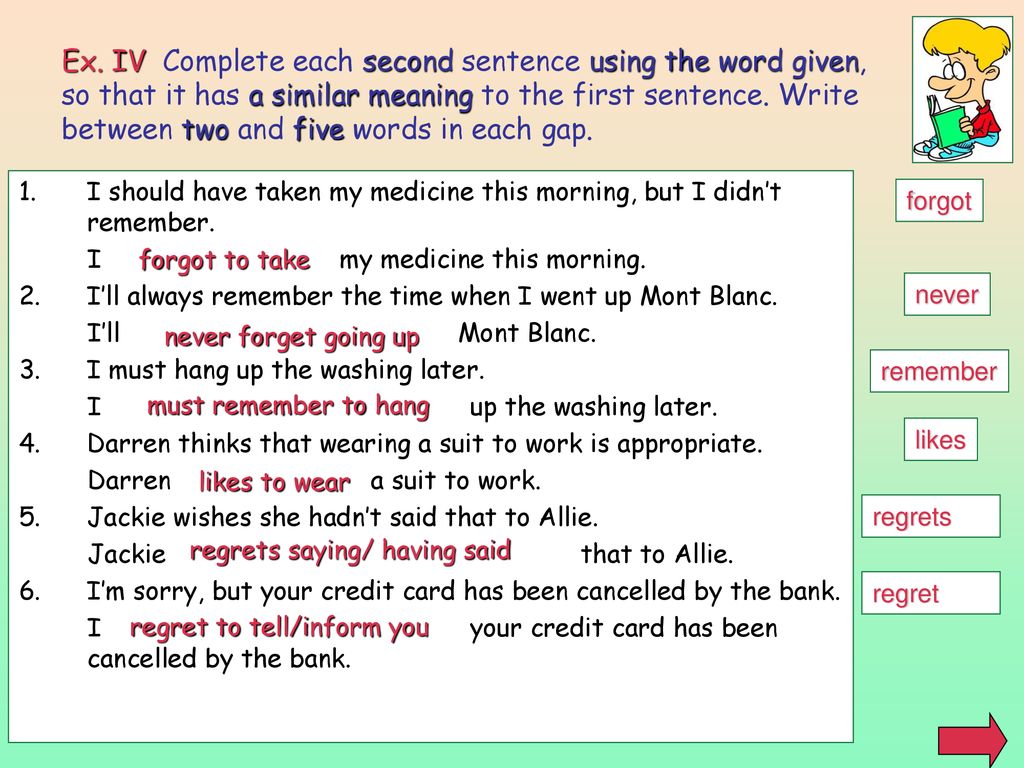
- Let's go for a walk! - Let's go for a walk!
- Let's play football outside. Let's play football outside.
- Let's invite Paul and Janice to the party. Let's invite Paul and Janice to the party.
Exclamatory sentences
Exclamatory sentence (exclamatory sentence) - a sentence expressing certain emotions or feelings. Often such sentences begin with the words what and how , and end with an exclamation point .
In exclamatory sentences only direct word order is used. However, often a sentence can only consist of one or two words.
- Marvelous! - Wonderful! (also with a hint of sarcasm)
- How wonderful! - How wonderful!
- It's such a beautiful life! - What a beautiful life!
- What a lovely day it is. - What a wonderful day today.

Types of simple sentences according to the structure
Simple sentences according to their structure (presence or absence of some members of the sentence) are divided into two-part and one-part , as well as on uncommon and common .
Two-part sentence
Two-member sentence (two-part sentence) - a sentence in which there are both main members of the sentence (subject and predicate), or one of them is omitted, as it is clear from the context or the previous sentence.
- I don't like this book. - I don't like this book.
- We had a lot of fun in Brazil! Swimming in the ocean, drinking cocktails, dancing. We had a lot of fun in Brazil! We swam in the ocean, drank cocktails, danced.
Two-part sentences , in turn, are divided into complete and incomplete.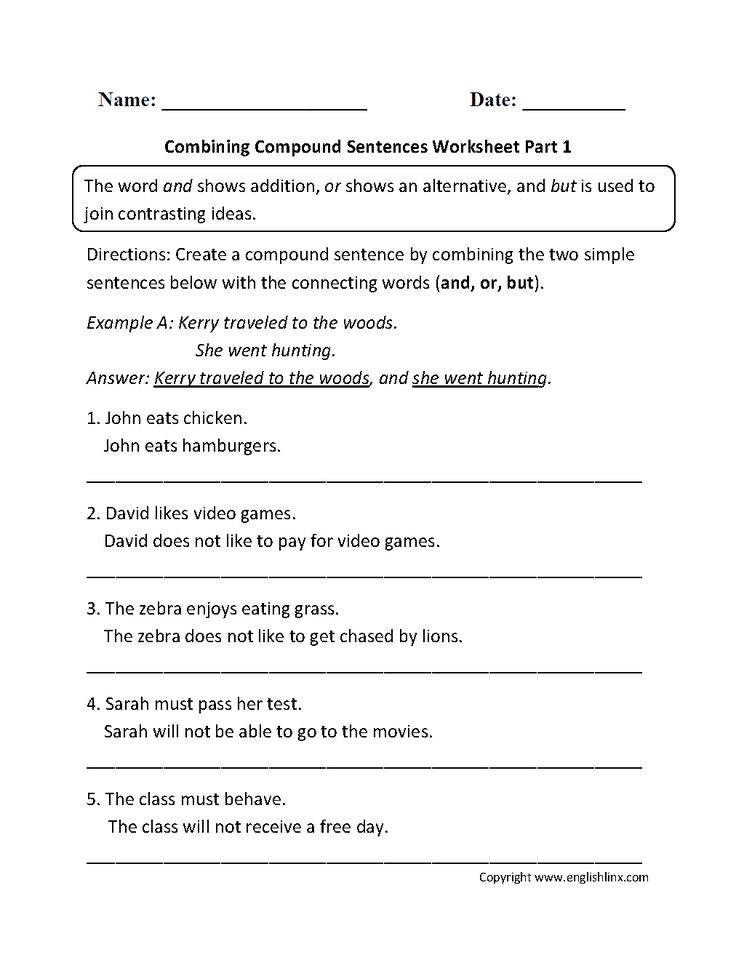 Complete sentence (complete sentence) - a two-part sentence in which there is both a subject and a predicate.
Complete sentence (complete sentence) - a two-part sentence in which there is both a subject and a predicate.
- The child smiled at us.
- We've bought a lot of candies for you. We bought you a lot of sweets.
- There was a big party at Caroline's place. Caroline had a big party.
Incomplete sentence (incomplete sentence) - a sentence in which one of the main members of the sentence is missing or both of them, since they are clear from the context. Such sentences are often found in colloquial speech, dialogues.
- Who did that? Mark, of course. - Who did it? Of course Mark.
- What did he do? Nothing at all! - What did he do? Nothing at all!
- What were we doing? Just chilling and talking. – What did we do? They just relaxed and talked.
One-part sentence
One-member sentence (one-member sentence) - a special type of sentence in which there is only one main member of the sentence, and it cannot be unambiguously defined as a noun or a predicate. Sometimes such sentences are called phrase sentences .
Sometimes such sentences are called phrase sentences .
One-part sentences can be expressed using a noun or an infinitive of a verb.
- To be or not to be? - To be or not to be?
- To stay here – alone, forgotten by everyone. – To stay here – alone, forgotten by everyone.
- Spring! Birds singing, the sun shining, flowers in blossom. - Spring! The birds are singing, the sun is shining, the flowers are blooming.
Uncommon and Common Offers
Unextended sentence (non-extended sentence) - a sentence in which there are no secondary members of the sentence, but there is only grammatical basis . Uncommon can be both one-part and two-part sentences.
- Spring. - Spring.
- To live! - Live!
- Don't talk! - Do not talk!
- She is sleeping. - She is sleeping.



